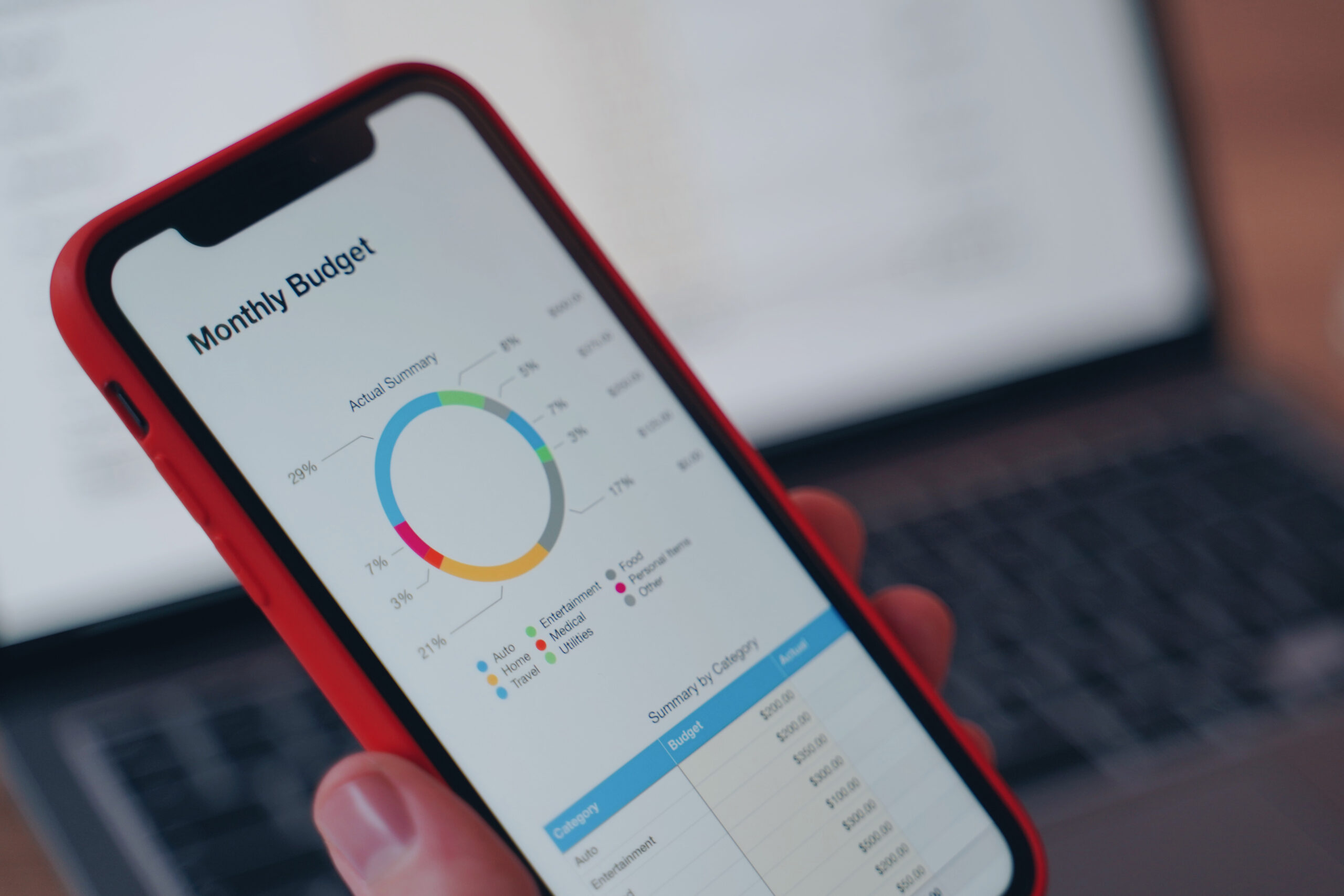Your financial future deserves a healthy prognosis
If you’re working in healthcare, most of your time and energy is focused on healing others, sometimes even putting your well-being on the back burner. Between long shifts, mountains of responsibility, and the relentless pace of your job, it’s easy to put important aspects of daily life, like finances, aside. But no matter how demanding your career gets, your financial well-being deserves just as much attention as your patients.
The good news? With a little planning, doctors, nurses, and allied health professionals can shift from financial stress to long-term stability and success.
A note on student loan debt
When we talk about financial planning for healthcare professionals, student loans are almost always part of the discussion. As of 2024, it’s estimated that over seventy percent of medical school students graduate with well over $200,000 in debt. Depending on your loan, which varies by lender, you have anywhere from ten to twenty-five years to repay your loan.
There are options available to refinance your debt and some options for loan forgiveness programs, although current federal regulations have changed those options for many. Current federal student loan borrowers have between July 2026 and July 2028 to switch to a new plan. If you have a private loan, you may have a variable interest rate and likely more repayment options.
If you have a student loan, make sure you’re exploring refinancing options and staying on top of policy changes. A few hours of research could save you thousands over time.
Why financial planning is critical in healthcare
Working in healthcare is tough, mentally, emotionally, and financially. Long shifts, school debt, and varying schedules make it challenging to develop regular habits of saving and budgeting.
Why does financial planning matter?
- Income can be inconsistent (especially for PRNs or travel nurses), making budgeting a challenge
- High burnout risk can lead to early retirements or shifts to different job roles
- Student loan debt (whether from nursing school or med school) can take years to pay off
- Lifestyle creep can happen quickly with high salaries and peer spending
- Financial planning can be difficult for anyone; healthcare professionals are no exception
A good financial plan offers peace of mind, flexibility, and freedom, so you can focus on your patients without stressing over your next paycheck.

Five building blocks of a solid financial plan
Here are five vital pieces that every healthcare professional should include in their financial game plan:
1. Budget like a boss
The first thing is to begin with the basics. Start with income vs. expenses. For the next two or so months, track everything. You can use systems like:
Budgeting is the foundation of any strong financial plan. Start by tracking your income and expenses for a couple of months to get a clear picture of where your money goes. You can use a simple spreadsheet or a budgeting notebook, whatever works best for your routine. A helpful method to try is the 50/30/20 rule: allocate 50% of your income toward essential needs such as housing, food, and insurance; 30% toward personal wants like entertainment or travel; and the remaining 20% toward savings and investments. This structure offers balance and makes it easier to manage spending while working toward your financial goals.
2. Set clear goals
Goals are easy to set but sometimes hard to reach. As you set your goals, break them into categories: short-term, mid-term, and long-term. Short-term goals might include building an emergency fund or paying off credit card debt. Mid-term goals could involve saving for a down payment on a home or planning for a career change. Long-term goals may include preparing for retirement, traveling more, or achieving financial independence.
Writing these goals down gives them structure and clarity, turning vague aspirations into measurable milestones. Revisiting your goals every quarter is a smart practice because it allows you to track your progress, adjust to life changes, and stay motivated. Life can shift quickly, whether it’s a change in job status, income, or personal priorities, and quarterly check-ins help ensure your financial plan remains aligned with your current circumstances and future ambitions. Regular reflection keeps your momentum going and prevents your goals from slipping into the background.
3. Save smart
While the right amount to save will depend on your income and what you want to save for, the 20% rule is a good way to save: 20% of your income should be saved or invested.
If you want to break that 20% down into the following categories:
- 10% to retirement
- 5% to short-term savings (for an emergency fund, or a bigger purchase)
- 5% to medium-term goals (for a house, career change, etc.)
For a slightly different approach and a more personalized experience, you could apply the 25x rule – saving 25 times your anticipated annual expenses to live comfortably — to estimate how much you will need to save for retirement.
4. Automate to accumulate
Automation is your new BFF, especially when you work long shifts and life gets hectic. Here’s how you can do it:
- Direct deposit so you can split your paycheck across checking, savings, and investing
- Auto-contributions to your:
- 401(k) or 403(b) through your employer
- Roth IRA or traditional IRA
- High-yield savings account
- Auto-pay bills so you won’t have late fees and interest
Bonus: Set a calendar reminder every 6 months to up your contributions by 1 to 2%
5. Curb the spending frenzy
You’ve put in the hours and you earned the right to enjoy the fruits of your labor, whether it’s a vacation, a new car, or a stylish scrub set. But beware: impulsive personal spending can quietly sabotage your long-term financial goals. Here are a few to stay intentional with your money:
- The 24-hour rule: Wait one day before making purchases that are not necessities. This helps curb impulse buys.
- Cash-only challenges: Set aside a specific amount of cash for discretionary categories like entertainment or dining, and don’t exceed it.
- Subscription audits: You don’t need every streaming service. Pick one or two and rotate them throughout the year.
- Cook more meals at home: Dining out regularly can quietly eat into your budget. Planning and preparing meals at home helps you save and often results in healthier choices.
- Travel on a budget: Choose off-season trips, use travel deal sites, and set a travel fund in advance so vacations don’t lead to credit card debt.
Use a separate debit card for “fun money.” Once that balance is used up for the month, hit pause on extra spending.

Invest in your future self
Financial success is less about earning the highest salary and more about being intentional with your spending and savings. Whether it’s setting up a 401(k) contribution, reducing splurge spending, or paying off high-interest loans, small steps now will make a long-lasting financial impact.
Key takeaways for long-term financial health:
- Monitor your expenses and implement a disciplined savings strategy
- Leverage automation to simplify saving and reduce financial stress
- Be mindful of lifestyle inflation, even as your income grows
- Begin planning today for a secure and fulfilling retirement

Jenny Hanlon







